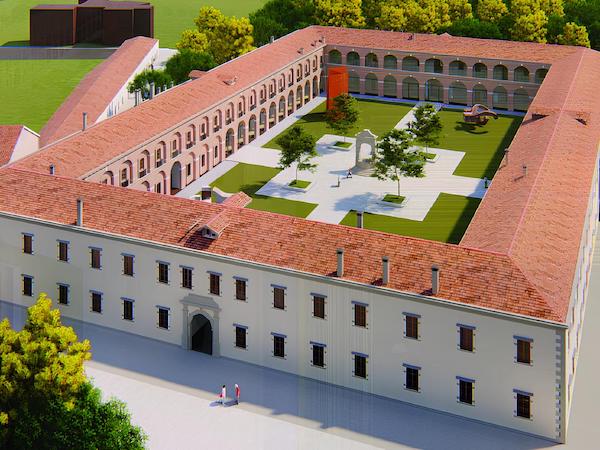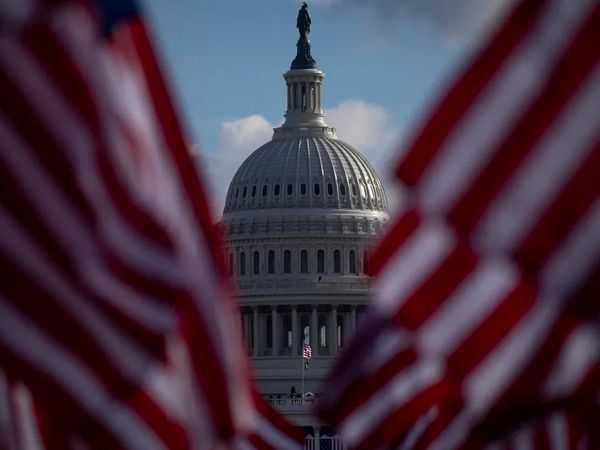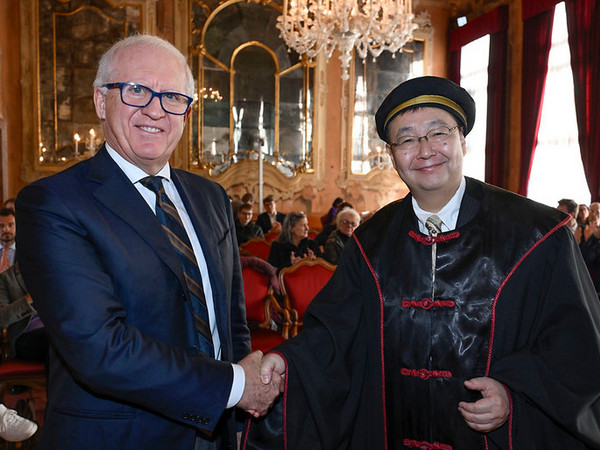Anna Schipilliti, Chiara Moschini and Alessia Pavani are three Ca’ Foscari students currently engaged in an Overseas mobility programme in Seoul in South Korea - Anna at Sungkyunkwan University, Chiara and Alessia Yonsei University. Today, they talk to us about life in the capital of one of the first countries to find itself having to deal with the Covid-19 epidemic.
As far as you can see from your information channels, how is South Korea handling the crisis?
Anna Schipilliti: South Korea was the first country outside of China with a large number of infected people and I believe this was what pushed them to tackle the crisis so scrupulously. There are two things that have struck me in particular; the first is certainly the speed with which the government put in place provisions to contain the virus: they immediately ordered everyone to wear masks in public (especially in crowded places such as on public transport); every store provides disinfectant at the entrance and various cameras have been installed that monitor the temperature of passers-by. The second thing that struck me was the response of the people, in that I noticed that people did not panic at all and complied with the rules immediately.
Chiara Moschini: Living in a university residence, my main information channel is the web. News and detailed information on the evolution of the epidemic are issued daily, and I appreciate this transparency. The wealth of data on new confirmed cases has been made possible in part by the government’s decision to perform vast numbers of tests, which enables the number of cases to be updated precisely every day. Data on these cases are then provided, such as sex, age and nationality, as well as information on their movements immediately prior to the test, via SMS on your mobile phone, sent to everyone in Korea. This is perhaps the most controversial part of the “South Korean strategy”, because of course it leads you to question from an ethical point of view whether it is right to disclose certain information.
What is your 'typical day' like in lockdown?
Alessia Pavani: Here in Seoul there has never been a total ‘lockdown’. The shops are open and people can circulate freely, yet there are still restrictions (for example, demonstrations are not allowed, as well as religious ceremonies or festivals that involve mass gatherings).
For me personally, I have online lessons every day but, when I don’t have any classes or study to do, I go out as usual. I always wear a mask and I wash my hands often when I go into shops or restaurants. I try to wash often and keep my home environment clean. The biggest change was precisely the online learning!
How is your host university managing the situation?
Chiara: University is perhaps the environment in which the impact of the virus is most palpable in terms of precautionary measures. Even before my departure, in mid-February, the university where I am studying had decided to postpone the start of the semester by two weeks, given that a substantial number of students were expected to arrive from China, which was the country most affected in that period. Subsequently, with the spread of the epidemic in Korea, the decision was made for lessons to be taught online, until further notice. For the rest, students in the university residence must have their temperature taken every day and all the rooms are sanitised every day too. A device has been installed at the entrance that takes your body temperature and changes have been made to the facilities timetables, in the same way that most of the events that involve student gatherings, such as orientation, were cancelled.
One interesting initiative is the distribution of free masks to foreign students, which has been launched in the past few days.
Again, as far as you can gather from your information channels, what are the similarities/differences between the response in Italy and in South Korea?
Anna: In my opinion, the main differences were the speed of reaction to the emergency and the use of technology. In South Korea, right from the start, the government and citizens made efforts to fight the virus and, in fact, in the very first weeks, applications and websites were created that monitored the number of cases and their movements in the previous few days. In addition, everyone living in Korea receives daily emergency updates on their phones that give us the most important information (in Korean, but you can read the English translation via an app).
Alessia: The main difference between Italy and South Korea is that South Korea reacted more quickly because it was prepared for such a situation. In the past, Korea has already had to deal with SARS and MERS so, with Covid-19, the government already knew which measures had to be taken and the people already knew how to behave. I think that even in Italy the government measures were taken fairly quickly (especially in comparison with other European countries and America), but Italians, not being accustomed to this type of emergency, didn’t understand immediately how to behave, and some perhaps underestimated the situation.











